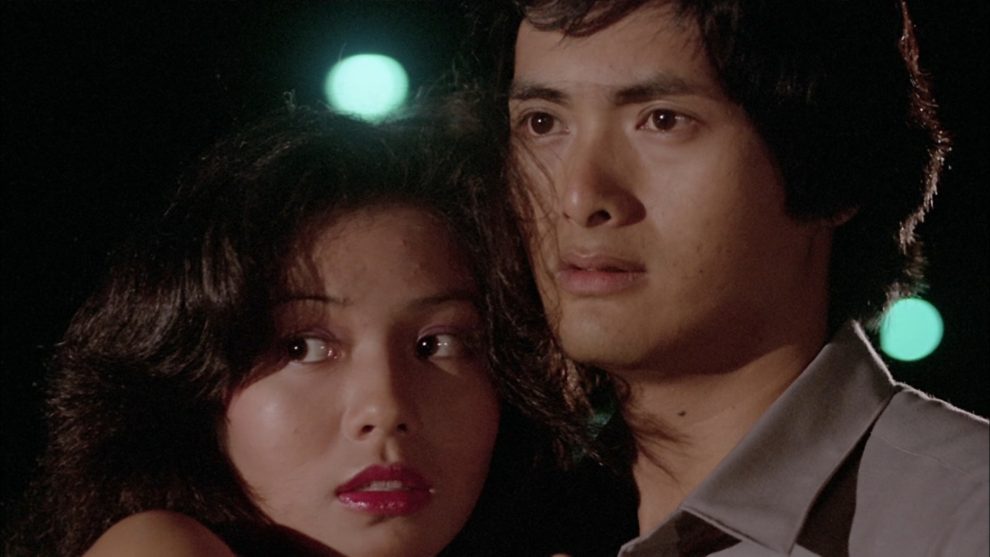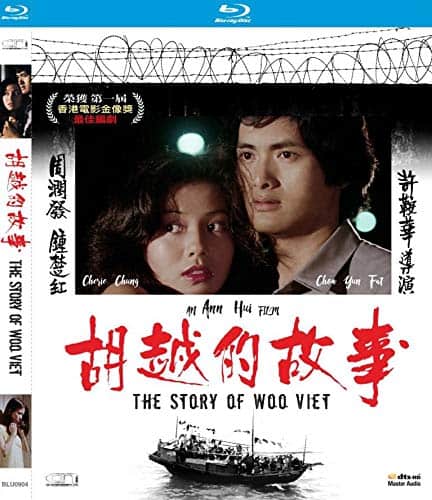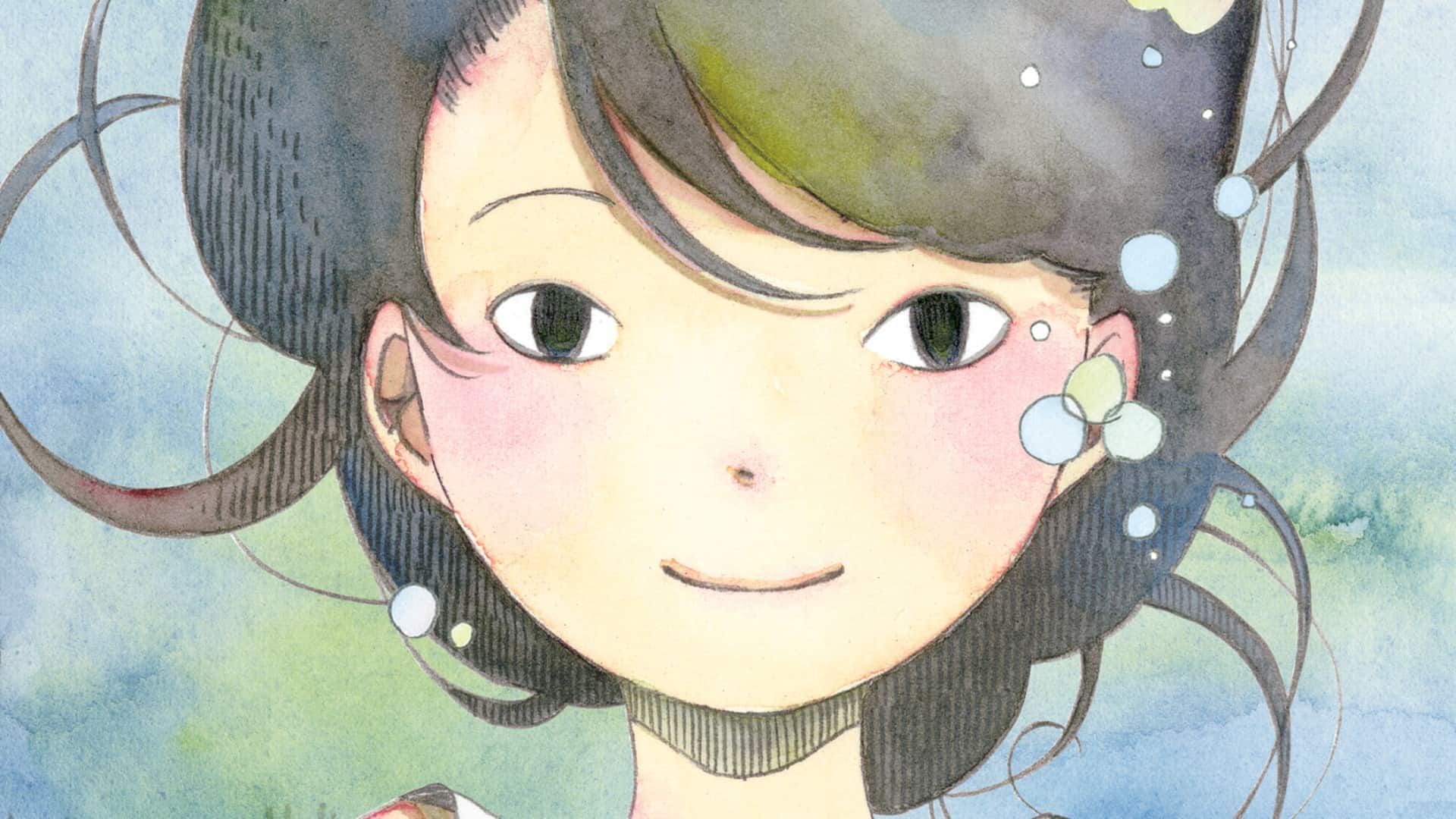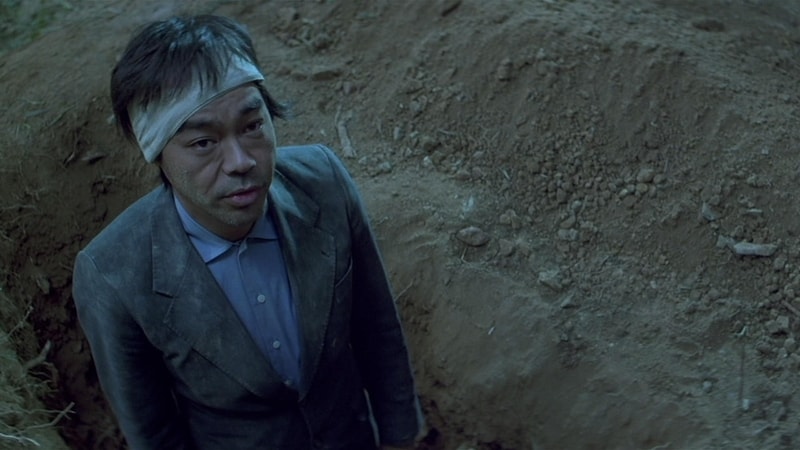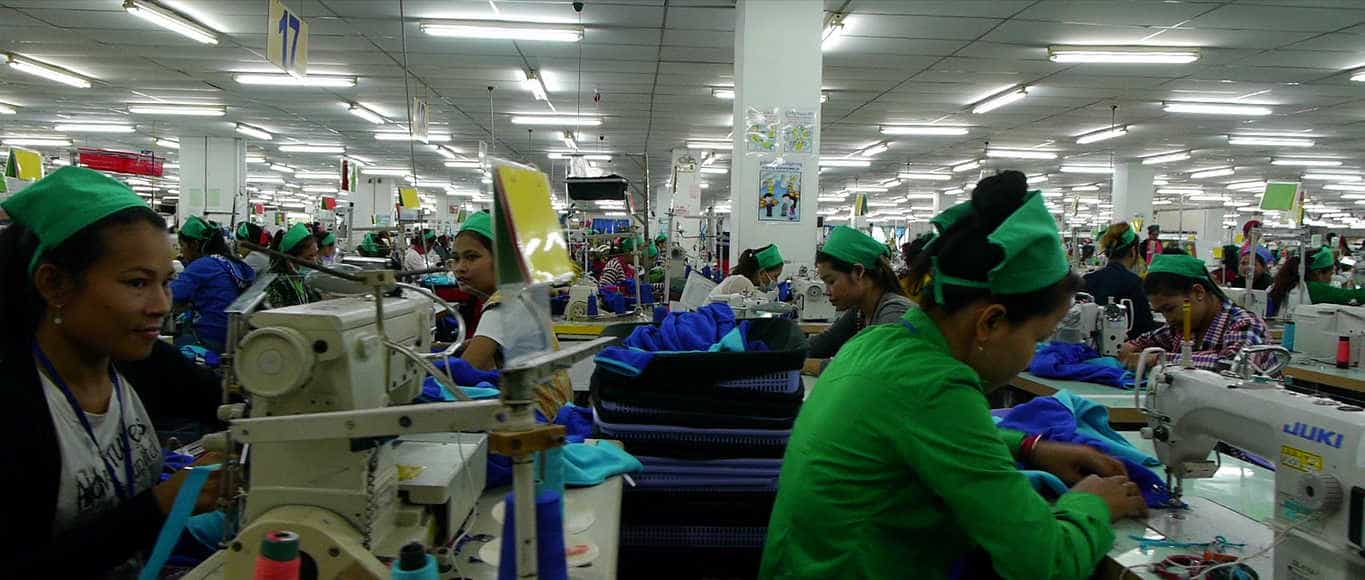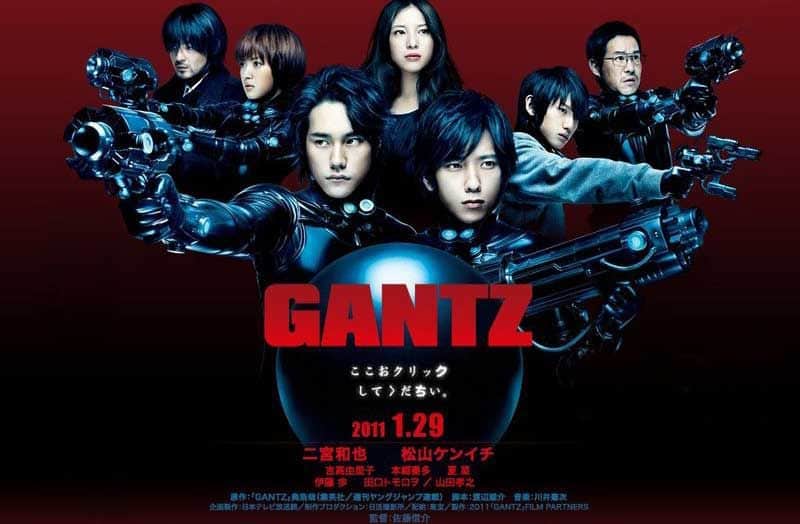Part two of her Vietnam Trilogy, after “Boy from Vietnam” and before “The Boat People”, “The Story of Woo Viet” is one of the first political dramas to come out of the Hong Kong movie industry, while still remains one of Ann Hui's best films.
Buy This Title
on Amazon by clicking on the image below
Woo Viet is a young Chinese-Vietnamese refugee, who tries to make it to the US by way of Hong Kong, after fighting for years in the Vietnamese war. Violence, however, seems to be all around him, as even the boat that is smuggling him and a number of other people to Hong Kong is filled with brutal incidents and murder, resulting in Woo Viet having to take care of a young boy whose father is killed during the “trip”. As soon as he arrives at his initial destination, he is met by Lap Quan, a pen friend who sent him letters during the war he did not manage to respond. Even with her help though, he soon finds himself targeted by Viet Cong agents in the refugee camp he ends up in. Barely managing to escape with his life from a man who strangled another of the refugees before targeting him, he asks Lap Quan's help to get a fake passport, in order to leave Hong Kong as fast as possible.
In the process, he meets Shum Ching, another girl who is learning Japanese with him (as the fake passports are of Japanese origin), and the two end up leaving together. They soon realize however, that the trafficker has tricked them, as his goal was to sell the girl in the first available Chinatown, in this case, in Manila, their transit stop on the way to the US. Woo Viet, although he could continue his trip, instead chooses to follow her kidnappers in Manila, eventually ending up as a gun for hire for local boss Chung, in his effort to keep the girl safe and raise enough money for the both of them to finally make their dream come true.

Ann Hui's approach here is quite intriguing, as, despite the dramatic premises, and the intense sociopolitical comments about the fate of the Vietnamese refugees, which are actually implemented as a metaphor for the then upcoming Handover, the main approach of the movie remains quite genre-like. The first aspect that shows this approach is the subtle romance/love triangle that is created between Woo Viet, Lap Quan and Shum Ching, but becomes even more evident as soon as the action kicks in, which is quite early on in the movie. The fact that Woo Viet is quite violent himself, and not particularly afraid of killing those who threaten his life or that of his loved ones, is the main source of this aspect, which carries on, from beginning to end. Even more so after the arrival in the Philippines, since the killer-for-hire job the protagonist takes, results in a series of rather brutal action scenes, where Ching Siu-tung's action choreography finds its apogee.
Also of note is how great Chow Yun-fat is in these instances, as much as in the whole movie, with the fact that Hui led him into a more dramatic than usual performance, stripped from any kind of his usual clowning, resulting in one of his best roles. The permanent melancholy and resolve that dominate his psychology are also presented excellently, with him anchoring the movie in the best fashion.
At the same time, and despite the genre premises, there is a sense of nihilism and hopelessness that permeates the lives of the protagonists, who seem to know what they want, but are unable to achieve it, while surrounded by people in the exact same situations, essentially misfits. The club that is filled with people with dwarfism is a testament to this, as much as the refugee camp in Hong Kong, the narrow streets and night clubs in the Philippines all of which portray this aspect in the most eloquent fashion, essentially dictating an atmosphere dominated by the aforementioned elements. Bill Wong's cinematography helps the most in that regard, with his portrayal of the many different settings mirroring those exact sentiments. Kin Kin's editing on the other hand implements a rather fast pace, whose main purpose is to fit the many different episodes and the plethora of action scenes present.
“The Story of Woo Viet” is an excellent movie that highlights Ann Hui's directorial abilities and particularly the way she combines entertaining genre elements with deep sociopolitical context, as much as Chow Yun-fat's charisma that, once again, fills the screen each time he makes his appearance.


